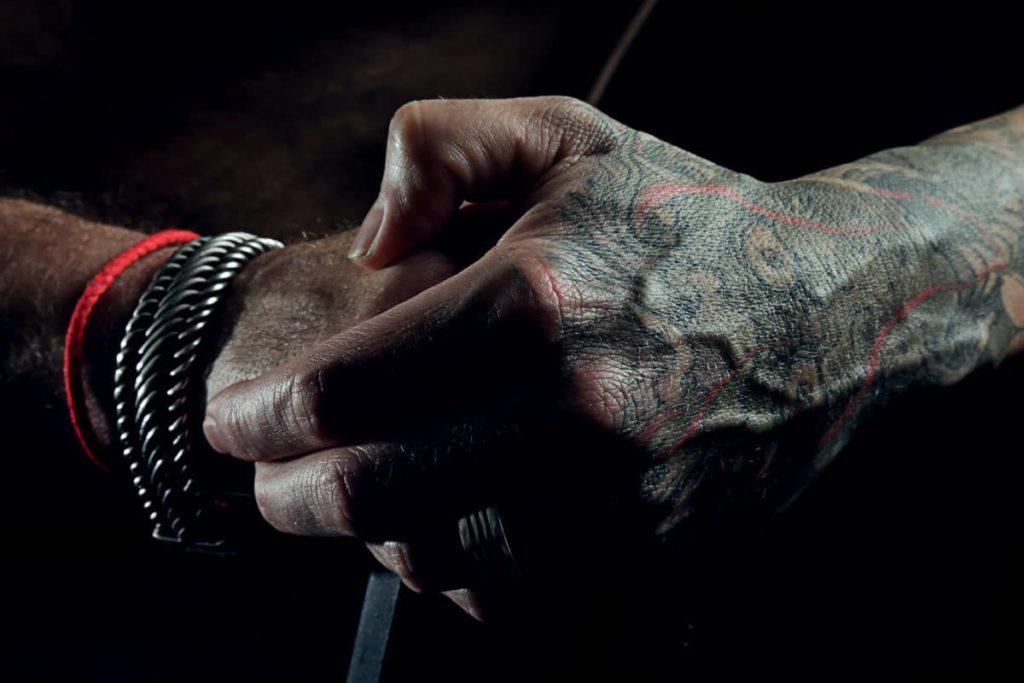Never get in bed with the yakuza

Originally published by Asia Times
This is the fourth of a five-part series on the yakuza’s still wide reach in Japan. Part one is here; part 2, here; part 3, here and part 4.
Financial power equals political power, as yakuza financial clout subverts the political world. Yakuza are – and have been for decades – an important source of funding and votes for politicians of all parties, except perhaps the Communists.
Decisions by politicians and bureaucrats are sometimes made to benefit yakuza rather than the citizenry or the nation at large.
For example, a yakuza-owned waste disposal plant for many years poisoned the air at the American airbase at Atsugi outside of Tokyo, as the Japanese government refused to address the problem.
This became a highly contentious issue in the bilateral defense relationship – distracting from more important matters such as upgrading Japan Self Defense Force (JSDF) capabilities and JSDF’s ability to operate with US forces.
The government eventually closed the plant down, but reportedly paid the company (and, thus, the yakuza owners) upwards of US$50 million in compensation. Reportedly one reason for government foot dragging was that a number of retired government officials enjoyed post-retirement amakudari (literally, descent from heaven) employment at the plant.
There are even cases of yakuza applying brazen pressure on politicians. In the late 2000s, a Democratic Party of Japan politician raised questions about a yakuza-connected real estate deal in central Tokyo. He was subsequently threatened by two yakuza.
And, the murder of a serving DPJ member of parliament in 2002, Koki Ishibashi, by a Yamaguchi-gumi gangster remains a troubling case. Ishibashi was a rare and vocal critic of corruption in the Japanese government.
Although the “murderer” conveniently turned himself in, some observers note the police did not exactly try hard to investigate further to nail highero-ups for the crime.
In another case, the mayor of Nagasaki was murdered in 2007 for refusing to give yakuza a cut of the city’s public works projects.
Not surprisingly, freedom of individual expression is restrained in Japan when it comes to topics and matters in which the underworld is involved or has a stake.
The mainstream Japanese media are thoroughly intimidated from reporting on yakuza activities and underworld connections with public officials. And, without an effective investigative press, it is almost impossible to successfully take on the yakuza – or organized crime in any other country, for that matter.
Indeed, court orders are ignored in some cases due to organized crime fears. Astonishingly, the courts have tolerated the non-compliance.
In one instructive case in the late 2000s, following threats from one of the uyoku groups – nearly all of which are tied to yakuza in some fashion – a major Tokyo hotel canceled a contract with a teachers’ union to hold its annual meeting at the hotel. The union sued in court and won.
The court ordered the hotel to comply with the contract. The hotel simply refused to do so. The court subsequently ordered the hotel to pay a paltry fine – effectively stating, “We understand.”
Click HERE to read more.
- Will South Korea be the next Venezuela? - May 2, 2025
- Tariffs, trade and decoupling from China: Grant Newsham - April 28, 2025
- Will Xi Jinping Start a War Over Trump’s China Tariffs? - April 24, 2025
